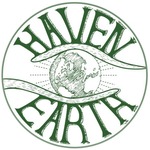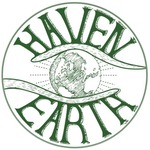Third Space Commons, designed by students, is one of Canada’s first institutional spaces designed to be near-zero embodied carbon. Photo courtesy of UBC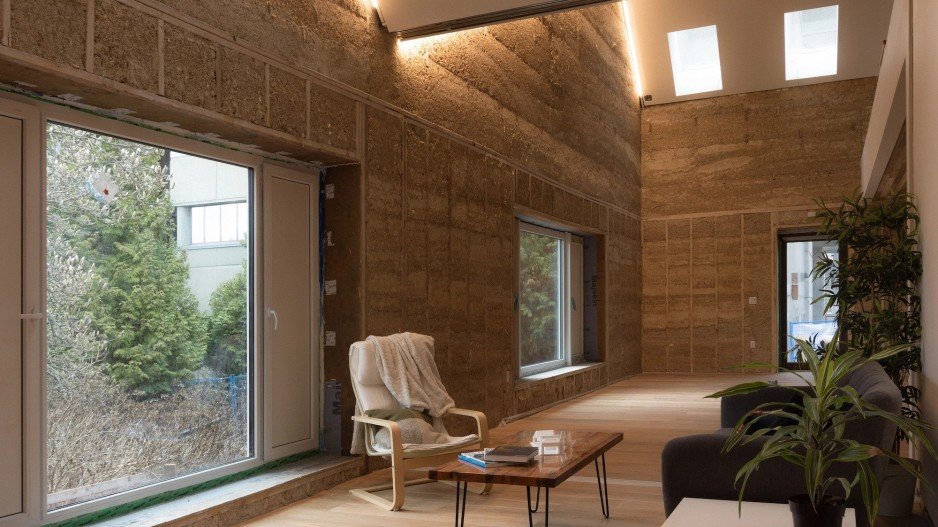

Global Fiber Processing

Americhanvre

Hemp Build Network
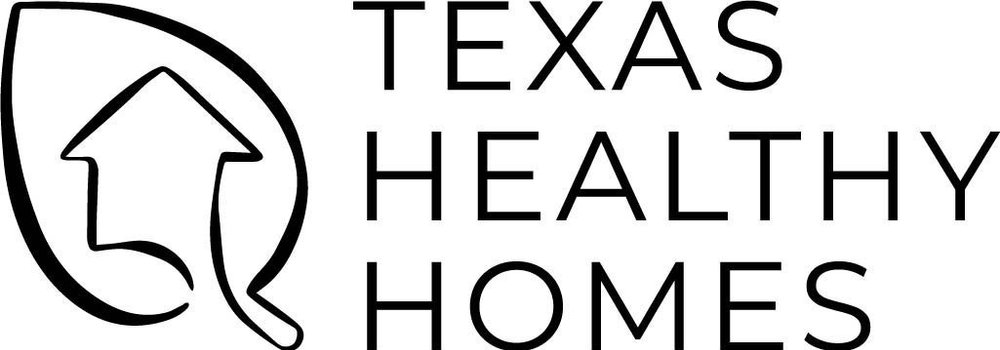
Texas Healthy Homes

South Bend Industrial Hemp
.png?format=1000w)
Hemp Building Company
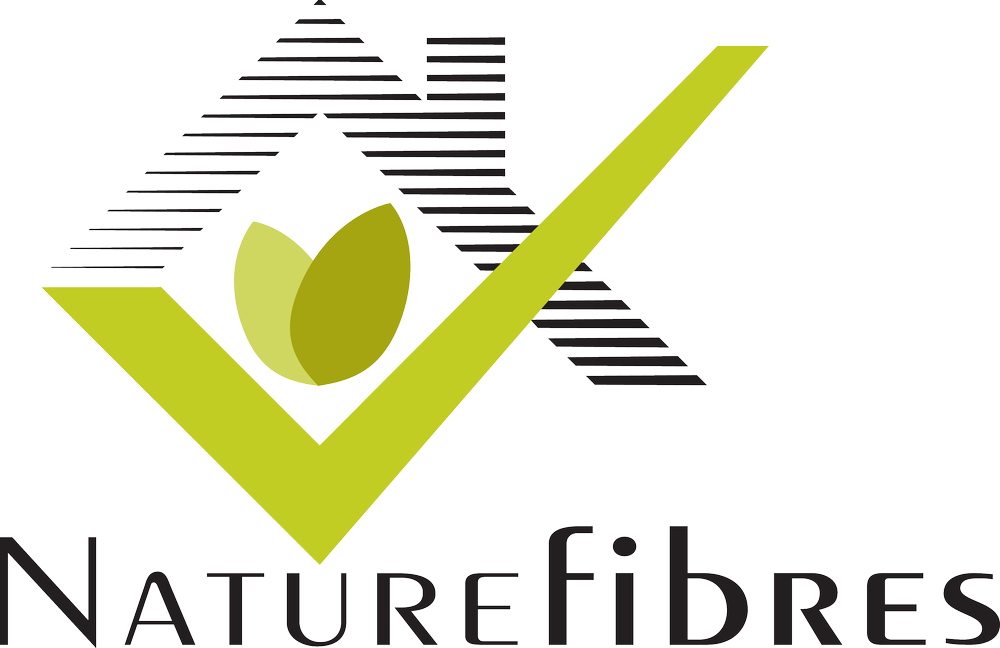
Nature Fibres

Hempknowlogy
by Lou Corpuz-Bosshart, UBC
University of British Columbia (UBC) students built a hempcrete building that is one of the first ‘carbon-minimal’ institutional buildings in Canada. Bonus – it’s Instagram worthy
This week, UBC welcomes students into a vibrant new teaching and learning space that is one of Canada’s first institutional spaces designed to be near-zero embodied carbon. It’s also the first such building designed by students.
Subscribe for HempBuild Magazine’s free newsletter
The bright and airy 2,400-sq.-ft. wood frame building, called Third Space Commons, emitted nearly-zero carbon emissions during construction, a feat that many view to be the final frontier facing carbon emissions reductions across the global building industry.
Virtually every material, construction technique and design element of the project was chosen for its ability to lower or even capture carbon emissions.
Third Quadrant Design, a 60-member student team, managed the project from conception through to completion, assembling a group of supportive industry partners who provide mentorship and guidance.
“We sought to create an addition to campus that encourages interdisciplinary action on climate change, both as an example and through its eventual use. As a sustainability living lab and flexible collaboration space, we hope Third Space Commons will inspire future building industry leaders and cultivate innovation,” says UBC architecture student Katie Theall, the project’s architecture lead.
Click here to go to our FREE online community.
Third Quadrant Design team
The thermal insulation is made of hempcrete – a mixture of hemp fibres and lime which captures carbon from the atmosphere as it sets. It eventually turns into a concrete-like material but one that’s made primarily out of a renewable, carbon-sequestering natural fibre.
Real concrete, which accounts for a significant proportion of building construction-related emission in British Columbia and around the world, is virtually absent on the project. The foundation of the building is made of reusable steel piles. The team also choose light wood framing rather than engineered wood for the majority of the building’s structure. The latter is manufactured using glues derived from fossil fuels, which makes it more carbon intensive.
“Construction waste is an issue we wanted to tackle. We sourced our materials sustainably, prioritizing the adaptive reuse of materials from other construction sites in Vancouver where possible. Our windows, solar panels, appliances, and much of our lumber was on its way to a landfill,” says construction lead and civil engineering student Peter Ehrlich.
A new, total emissions approach to building construction
Adam Rysanek
The team worked hard to account for the carbon impact of every material element of the project – perhaps the first in B.C. and possibly in Canada to have done so, says Dr. Adam Rysanek, an assistant professor of architecture and landscape architecture who advises the team.
“Typical emissions estimates in the construction industry consider only about 40-60 per cent of a building’s total materials due to a lack of established standards for measuring the rest,” says Dr. Rysanek. “The Third Quadrant Design team opted to painstakingly account for nearly every material that found its way into the project, including its electrical, heating and ventilation systems.”
In recognition of this meticulous approach to carbon accounting, the team recently received the inaugural B.C. Embodied Carbon Award for Small Building Construction by the BC Carbon Leadership Forum. The team demonstrated how their project will be responsible for up to 80 per cent less carbon emissions than had it been constructed using traditional techniques and materials.
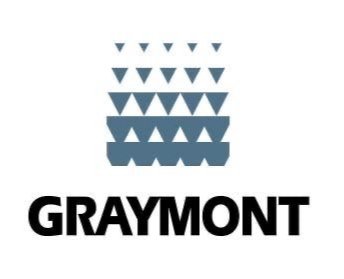
Graymont Ltd.
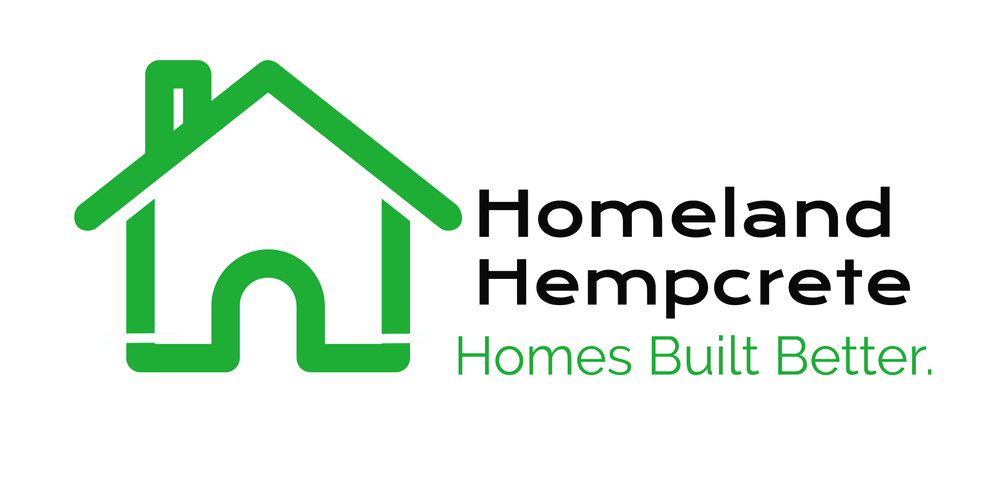
Homeland Hempcrete

HempStone

Midwest Natural Fiber
Cross-campus support
Third Quadrant Design is a women-founded team that continues to be 60 per cent women since its first year. Currently it includes students from different disciplines: engineering, architecture, arts and business. Members worked alongside engineering, building and architecture contractors to implement their vision. They received funding support from the UBC faculty of applied science, the Sauder School of Business and the UBC president’s office. In addition to Dr. Rysanek, other faculty members also contributed time and advice.
“In Third Quadrant Design, we see a tremendous example of our faculty’s strategic priorities coming together,” says Dr. James Olson, dean of the faculty of applied science. “It features a diverse, women-led student team that is supported by world-class faculty members, that partnered with industry, and constructed a beautiful building and set a new standard for environmentally friendly facilities on campus. I’m extremely proud of this team.”
A rendering the building. Image courtesy University of British Columbia

US Hemp Building Assn.
-2.png?format=1000w)
HEMPALTA

Sativa Building Systems
Prairie PROducers
Third Space Commons also serves as the team’s entry into the U.S. Department of Energy Solar Decathlon Build Challenge, an international, biannual competition held to celebrate innovative and high-performance housing design.
The team hopes the new space inspires construction of future sustainable buildings in B.C. and beyond, said Dr. Rysanek.
“With Third Space Commons we now have a prototype for how we can get to truly net-zero carbon in building design, particularly for low-rise homes, schools and multifamily dwellings,” says Dr. Rysanek. “More than anything, the team is demonstrating how sustainability and regenerative design can lead to buildings that are both carbon-minimal and beautiful.”
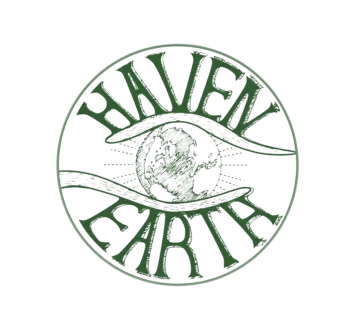
Haven Earth

Hemp and Block LLC

US Heritage Group
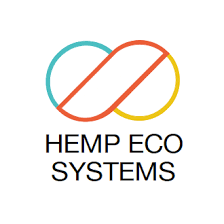
Hemp Eco Systems

Offered as part of a special partnership between USHBA and HempBuildMag. HempBuildMag receives a commission through this arrangement.
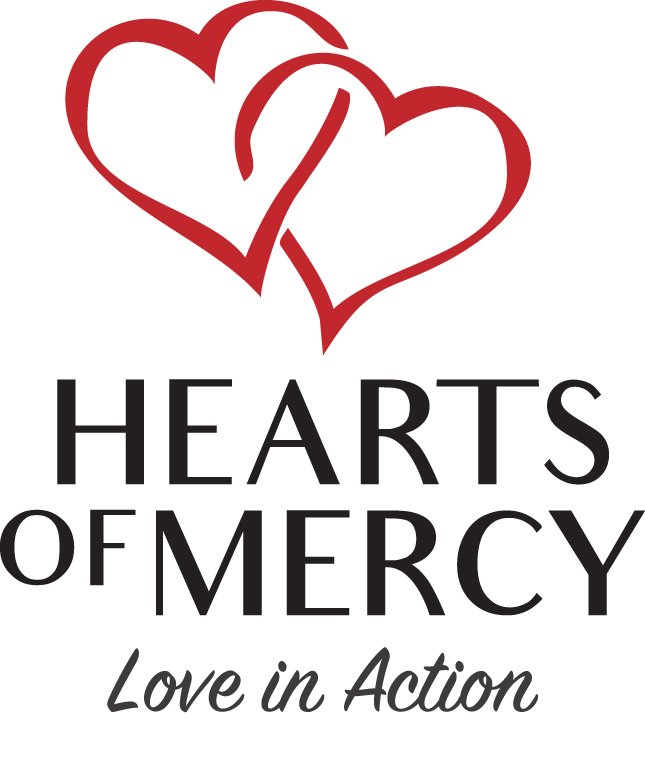
Hearts of Mercy
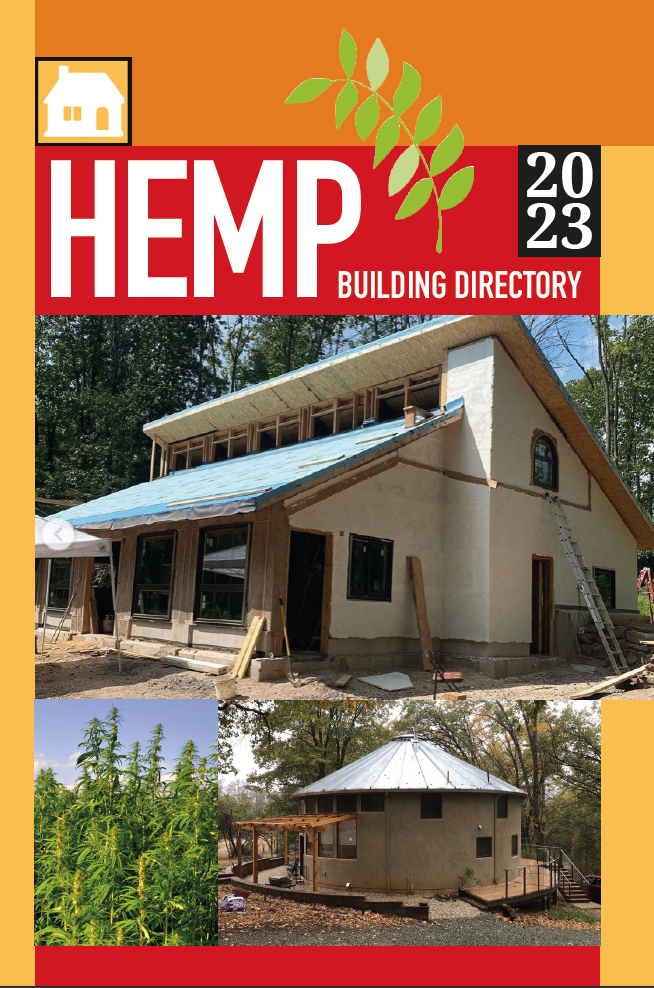
Hemp Building Directory

Old Pueblo Hemp Co.
Please Support Our Classified Advertisers
(To find out more about advertising CLICK HERE).
Help Wanted:
Publications
-
Hemp Building Directory 2023 – Guide to the International Hemp Building Industry
-
Available Now! “Hemp Buildings – 50 International Case Studies” by Steve Allin
Hemp Building Research and Training
Hemp Hurd (shivs)/Hemp Fiber/ Hemp Microfiber
-
Hemp Building Company: Hempcrete Supplies, Training Programs. Longmont, CO
-
PROducing Sustainable Fibers for Environmentally Conscious Consumers – Prairie PROducers
Hempcrete installers/Insulation subcontractors
-
Hempknowlogy: Home of the Hempjet: America’s first hempcrete spraying system. Manchaca, TX
-
Design and build your Hempcrete home with HempStone LLC complete consultants
Lime Binder
Hemp Batt Insulation/Supplies
Hemp Wall Panel Products
-
Preorder your hempcrete tiny house from Sativa Building Systems
-
Panel solutions from Homeland Hempcrete
Hemp Blocks
Professional Associations
Originally published April 19, 2023 on Hemp Building Mag
https://www.hempbuildmag.com/home/abc-third-space-commons
